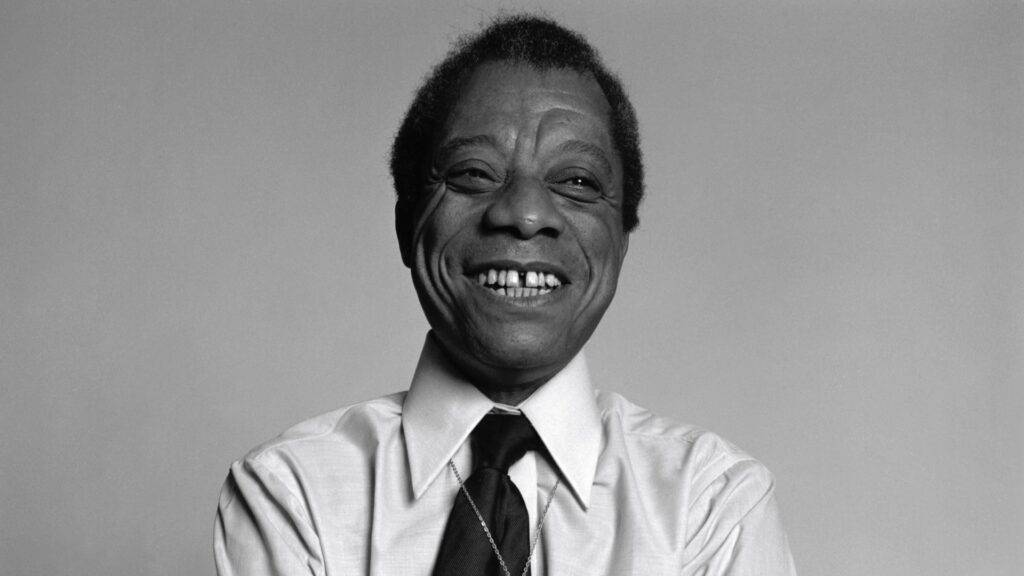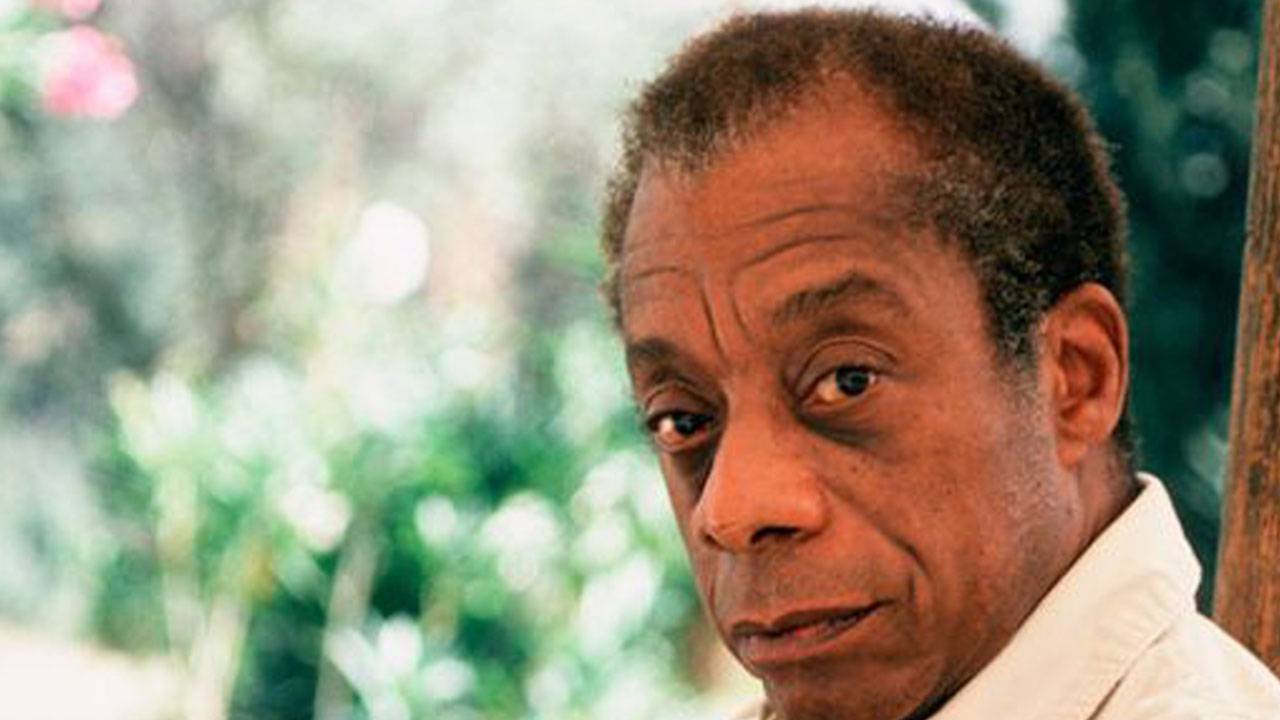James Baldwin, a towering figure in American literature and a fervent civil rights advocate, passed away on November 30, 1987, at 63, succumbing to stomach cancer at his home in St. Paul de Vence, France. This brief tribute explores the life and enduring impact of Baldwin, whose words continue to resonate globally.

James Baldwin Obituary
James Baldwin’s passing marked the end of an era, leaving a void in the realm of social commentary and activism. Born on August 2, 1924, in Harlem, New York City, Baldwin’s journey took him from the struggles of racial discrimination to becoming a literary icon.
His prolific career as a novelist, essayist, and playwright allowed him to articulate the experiences of African Americans in a way that resonated with many.
Baldwin’s impact extended beyond the literary world; he became a prominent figure in the civil-rights movement, using his words to advocate for racial justice. His passionate and intensely personal essays addressed the complexities of race relations, making him a formidable force in the fight against discrimination.
Who Was James Baldwin?
James Baldwin was a pivotal figure in American literature and the civil-rights movement. Growing up amidst poverty and racial segregation, Baldwin found solace in literature, later moving to Paris to escape the racial prejudices of his homeland. A prolific writer, he authored influential works like “Go Tell It on the Mountain” and “The Fire Next Time.”
Baldwin’s exploration of identity, religion, and sexuality showcased his versatility and courage. Beyond his literary achievements, Baldwin became a prominent voice in the fight against racial discrimination. His passionate and intensely personal essays in the 1950s and 60s made him a powerful advocate for civil rights.

Despite facing a brief but intense battle with stomach cancer, Baldwin’s impact lives on. His legacy extends beyond the written word, challenging and inspiring generations to confront the complexities of the human experience and the ongoing struggle for justice and equality. James Baldwin’s contributions remain a lasting testament to the enduring power of words in shaping societal consciousness.
What Happened to James Baldwin?
In the late stages of his life, James Baldwin faced a formidable foe in the form of stomach cancer. The disease, which had silently infiltrated his body, led to a brief but intense battle. On November 30, 1987, Baldwin succumbed to the illness at his residence in St. Paul de Vence, located in southern France.

A week after his passing, Baldwin was laid to rest at the Cathedral of St. John the Divine in New York City. His final resting place is the Ferncliff Cemetery in New York, where his legacy lives on through his written words and the impact he made on the fight for civil rights.
As we reflect on James Baldwin’s life, it is evident that his work transcends the boundaries of time. His legacy continues to inspire and challenge, reminding us of the ongoing struggle for equality and justice. James Baldwin’s voice, though silenced in the physical realm, echoes through the pages of history, urging us to confront the issues he so passionately addressed.





